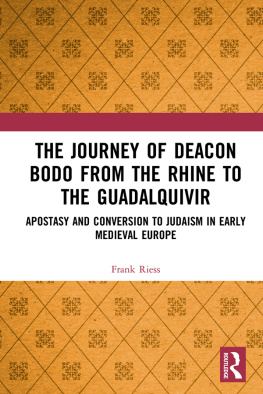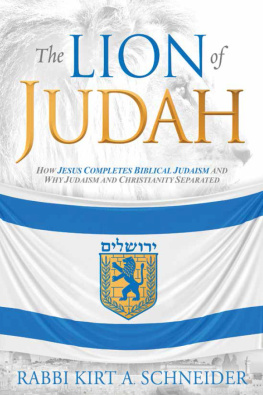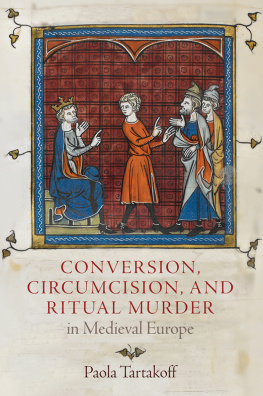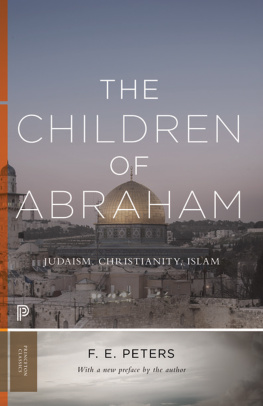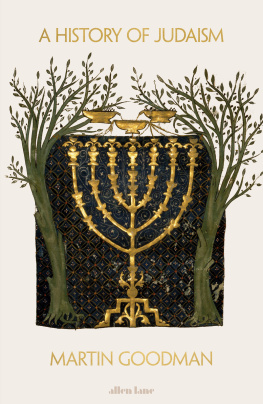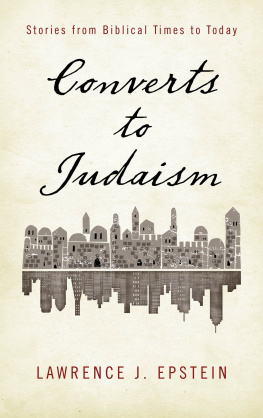Frank Riess - The Journey of Deacon Bodo from the Rhine to the Guadalquivir: Apostasy and Conversion to Judaism in Early Medieval Europe
Here you can read online Frank Riess - The Journey of Deacon Bodo from the Rhine to the Guadalquivir: Apostasy and Conversion to Judaism in Early Medieval Europe full text of the book (entire story) in english for free. Download pdf and epub, get meaning, cover and reviews about this ebook. year: 2019, publisher: Routledge, genre: Religion. Description of the work, (preface) as well as reviews are available. Best literature library LitArk.com created for fans of good reading and offers a wide selection of genres:
Romance novel
Science fiction
Adventure
Detective
Science
History
Home and family
Prose
Art
Politics
Computer
Non-fiction
Religion
Business
Children
Humor
Choose a favorite category and find really read worthwhile books. Enjoy immersion in the world of imagination, feel the emotions of the characters or learn something new for yourself, make an fascinating discovery.
- Book:The Journey of Deacon Bodo from the Rhine to the Guadalquivir: Apostasy and Conversion to Judaism in Early Medieval Europe
- Author:
- Publisher:Routledge
- Genre:
- Year:2019
- Rating:5 / 5
- Favourites:Add to favourites
- Your mark:
The Journey of Deacon Bodo from the Rhine to the Guadalquivir: Apostasy and Conversion to Judaism in Early Medieval Europe: summary, description and annotation
We offer to read an annotation, description, summary or preface (depends on what the author of the book "The Journey of Deacon Bodo from the Rhine to the Guadalquivir: Apostasy and Conversion to Judaism in Early Medieval Europe" wrote himself). If you haven't found the necessary information about the book — write in the comments, we will try to find it.
The story of Bodo begins in the ninth century around the time of the death of Charlemagne in 814. It centres on a young Aleman aristocrat and his conversion to Judaism in 838, followed by his flight to the Muslim world of Al-Andalus. His apostasy constitutes an arresting footnote in the history of the Carolingian period, his change of faith viewed as a shocking episode attributed by some to an overly lax policy towards Judaism and its powerful merchants. Another factor could be ascribed to the study of Judaism and its links with Christianity, which was a feature of the time.
Bodo moved from a monastery on the Rhine, where he went as a small boy, to the imperial court, where he was now a gifted young scholar groomed for a top position. His unexpected abandonment of Christianity challenged his background and learning, and this was seen as a rebuke of the court network to which he belonged. Bodo left behind a growing conflict over succession between the emperor, Louis the Pious, and his sons that culminated in a civil war following the emperors death. As a result, the Frankish Empire was partitioned into three separate kingdoms in 843.
Meanwhile in Spain, two years after fleeing the Frankish world, Bodo debated the merits of Judaism and Christianity in Crdoba with Albarus Paulus, a beleaguered Christian in the Muslim world, not only airing criticisms of Christianity, but also some failings of the Carolingian imperial court. In 847 he is mentioned in the court annals as stirring up opposition in Islamic Spain against Christians, asserting that they should be forced to convert or be executed. This reported incident may be linked to a significant number of self-imposed deaths by Christians who, feeling increasingly persecuted, sought to provoke Islam by denouncing the Prophet and bringing about their execution.
The experience of Bodos apostasy was far from unique: other men and women who renounced Christianity for Judaism are also examined in conversion narratives recorded in the following two centuries. These episodes offer an illuminating study of religious changes taking place in Europe and the East where Christianity, Islam and Judaism competed in the ninth century and beyond. Bodos experience can be viewed as part of a wider phenomenon depicting men and women who travelled as pilgrims, refugees or converts seeking to find a home and escape persecution because of their beliefs.
Frank Riess: author's other books
Who wrote The Journey of Deacon Bodo from the Rhine to the Guadalquivir: Apostasy and Conversion to Judaism in Early Medieval Europe? Find out the surname, the name of the author of the book and a list of all author's works by series.

